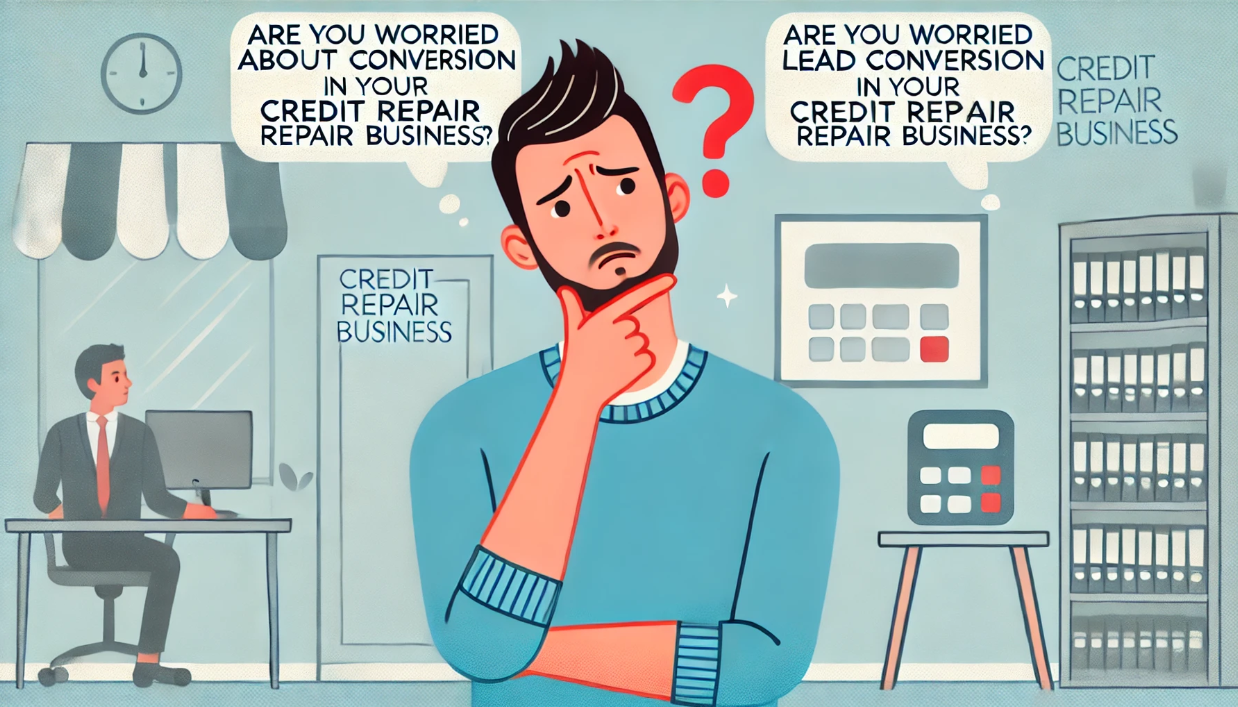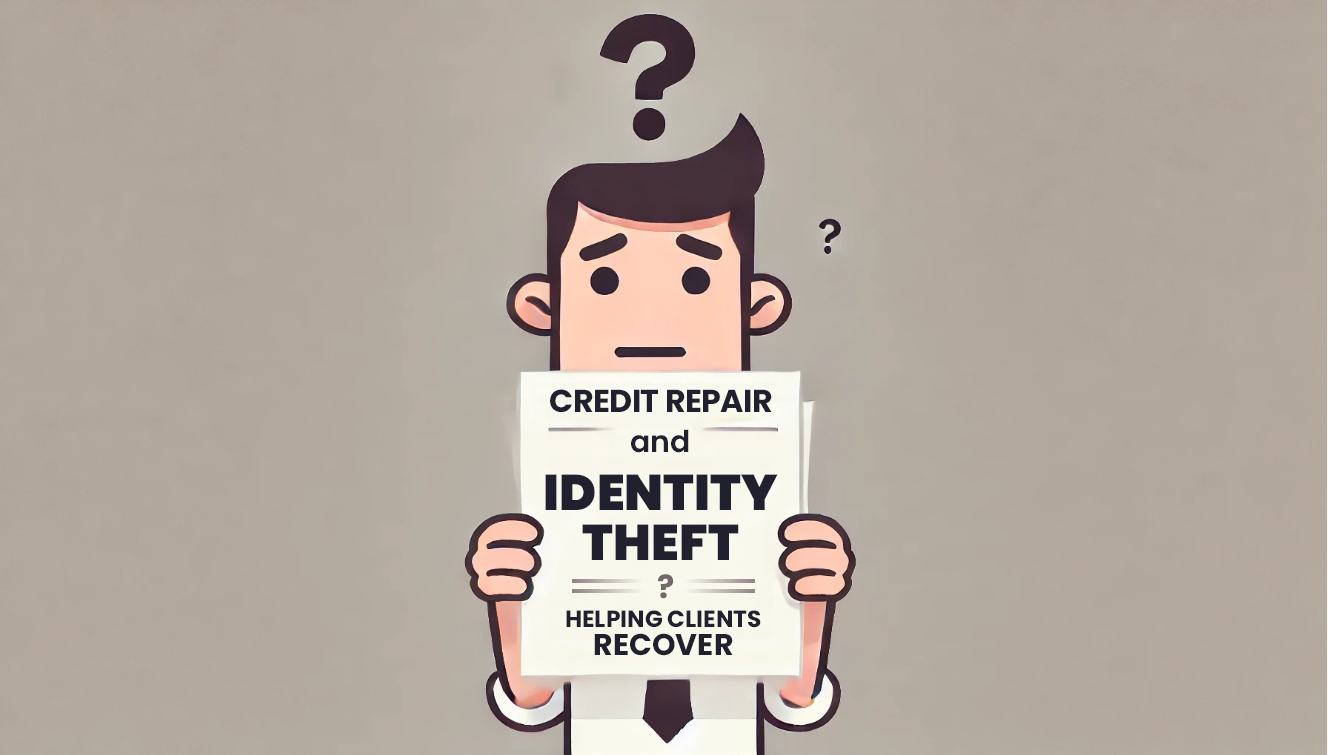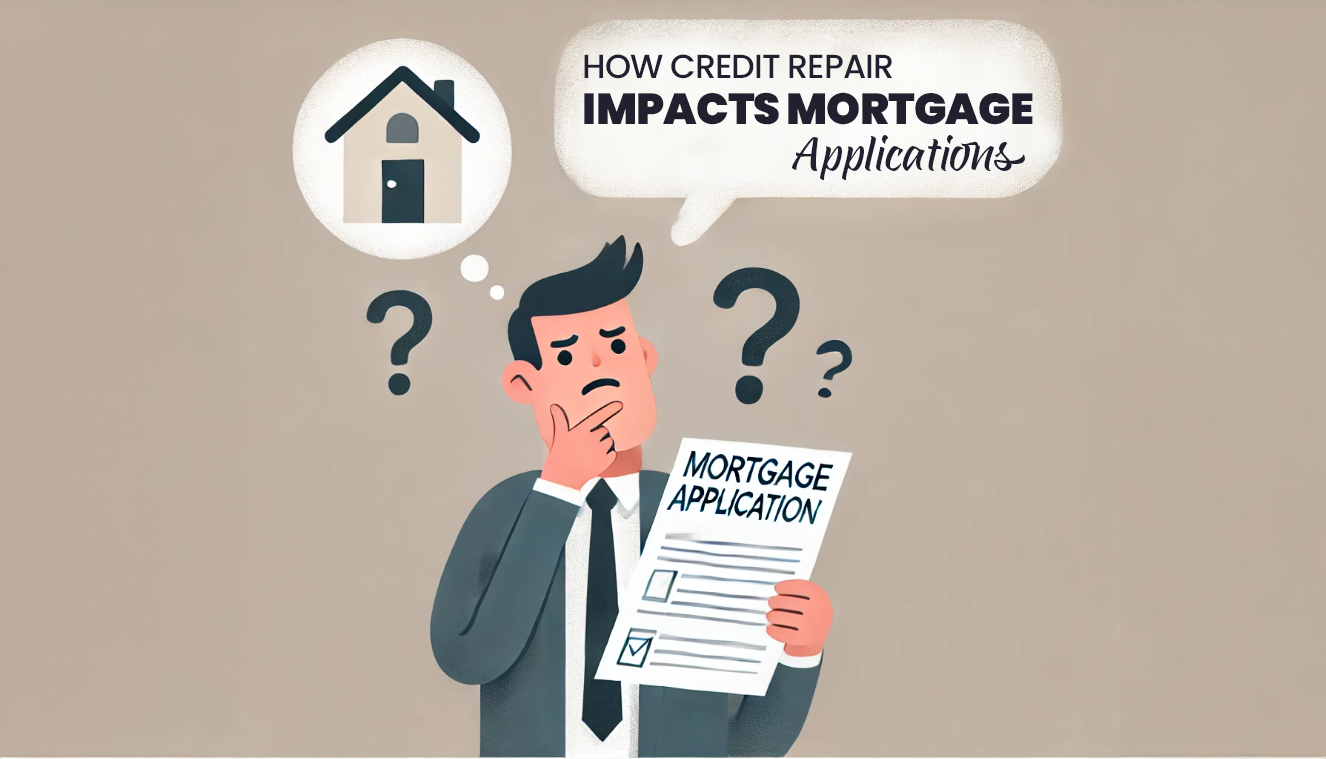Credit Score Recovery After a Missed Payment
Navigating Credit Score Recovery: Understanding the Impact of Missed Payments
Payment history is an essential factor in a credit score. A missed payment, on the other hand, will harm a credit score right away, Experian says, and tells lenders that a customer may be having financial difficulty and is a sign of credit risk. So, learning Credit Score Recovery After a Missed Payment is essential.
Experian shared four things to understand when a credit score recovers from a missed payment.
- Bring your account to current: If a collection is present in a report, paying off that collection could improve a credit score right away. The same goes for past dues and outstanding balances: bring those accounts current as well.
- Utilization rate: The utilization rate measures the balances on revolving accounts concerning credit limits. By paying down credit card balances, the better for credit scores to recover.
- List of risk factors: The factors contained in this list are specific to a consumer’s unique credit history, and give insight into what changes they can make to improve their score.
- Most recent credit history: Late payments stay on a credit report for seven years. However, the most recent credit history is weighed heavily. If all other payments are made on time going forward, past delinquency will impact a credit score less and less over time.
Conclusion:
In conclusion, recovery from a missed payment requires proactive steps. Understand key factors and bring accounts current. Manage your utilization rates effectively. Know your unique credit risk factors. Focus on recent credit behavior for improvement. Remember, late payments affect scores for years. Yet, consistent positive behavior reduces this impact over time.
For more information about credit repair, visit www.scoreceo.com/blog.
Comments are closed.





